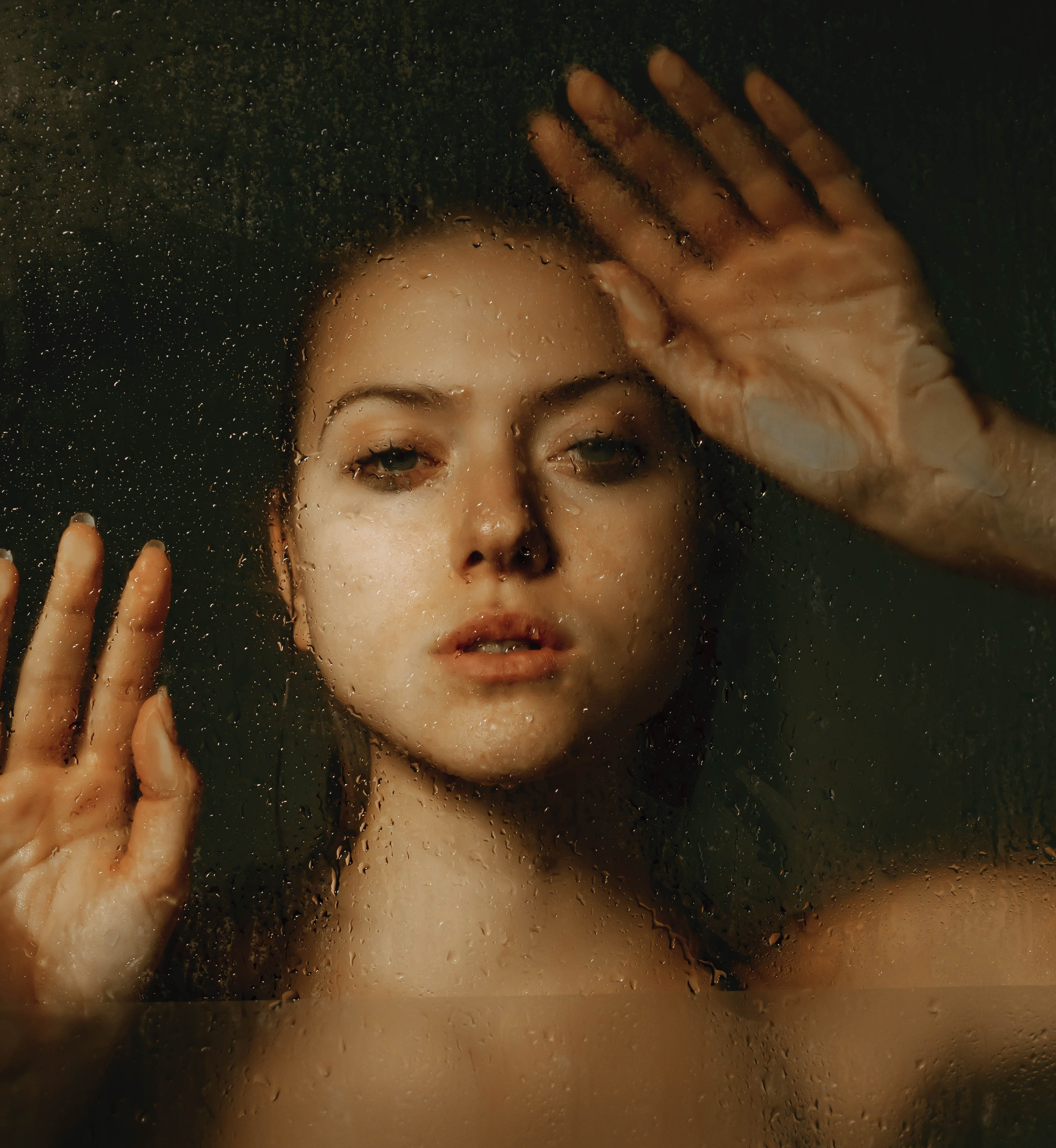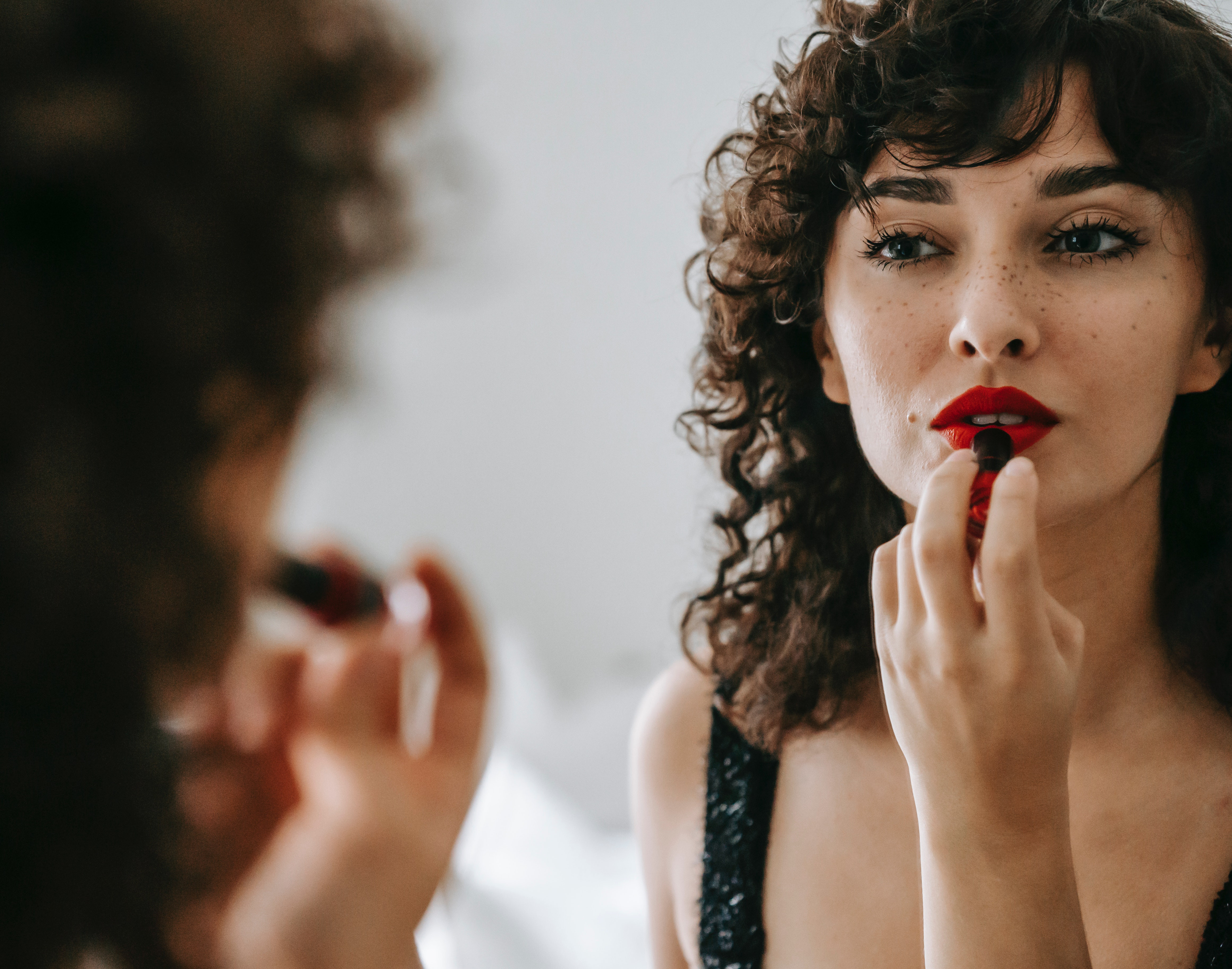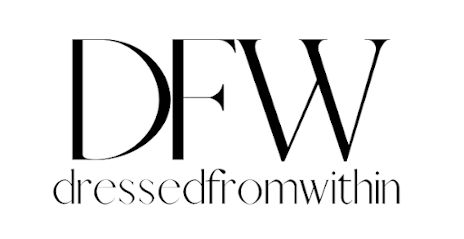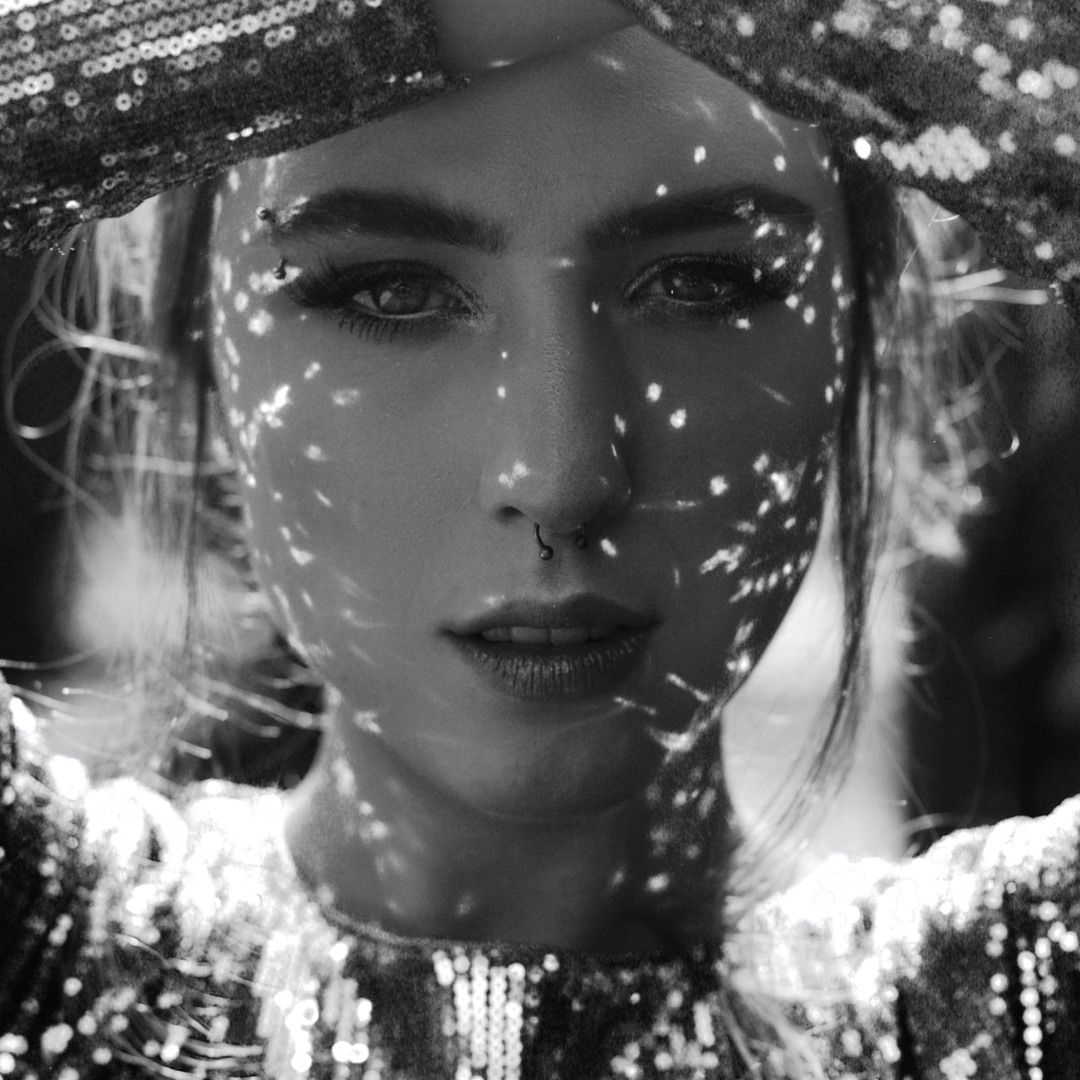Have you ever thought about the impact that psychology has on people’s behaviours, habits, vision and values, and how it then reverberates completely throughout our everyday life?
And have you ever seen fashion as a sort of mirror that reflects our personalities, our past experiences and who we are today?
You have come across my blog right now probably because you like to go deeper and deeper, constantly looking for what is beneath the mainstream surface, a reason that could possibly explain why things are a certain way.
And that is why, through this article, I am inviting you to disconnect from the idea you have always had about fashion and style as ‘simple clothing and nothing else’, introducing you to a more complex concept of it: we are what we wear!
Believe it or not, the entire world of fashion is connected to psychology and people’s mental health more than you could have ever imagined.
Fashion is not only an art. It is the freedom of soul, a real expression of ourselves and our emotions.
How many times did you feel unique, powerful, desired and in the spotlight while proudly sporting the dress of your dreams, the one you always wanted to wear? Did you not experience excitement, good vibes, and a particular sense of power?
And how often did you hear people or magazines talking about the common and effective retail therapy? Which, as incorrect as it may be (in the medical and psychotherapeutic field it is not an actual therapy, and in addition to it, spending money and busy shops can be stressful at times), it has statistically proven to have a positive impact on our brain and personal well-being, as long as it does not lead to a compulsive buying disorder and you do not exceed on shopping.
But, what does exactly happen in our mind when we do something for ourselves simply to feel better within our consciousness? When we generate positive thoughts, our brain starts producing serotonin, creating a feeling of happiness, peace and calm. *
*For those who have never come across this before, Serotonin is a neurotransmitter and it is commonly known as a ‘happy hormone’, together with Dopamine (important part of the brain’s reward system), Oxytocin, the ‘love hormone’, and Endorphins (our body’s natural pain reliever).
By contrast, in the experience of anxiety and depression, we tend to dedicate less time looking after our wellness and our image, ending up not caring enough about our person, our body, and in the worst-case scenario, about our whole life.

Have you ever awakened in the morning in the most absolute negativity? It’s a new day but you are impassive, and you feel completely apathetic, responding with inertia. And you get on with it, just because this is what you should do. But the truth is that deep down you know that the only thing you want is to be left in peace and to hibernate from the rest world.
Did it happen to you? Well, I guess so, at least once in your life.
And did you dress up on that occasion? Did you wear make-up? Did you tie up your hair, as usual?
I remember, when I was going through a breakdown a few years ago, I did not even take off my pyjamas, as I was so sick and depressed. Do you feel it is a justifiable reaction that we use to cope with that specific emotional state? And would you act in a similar manner under these circumstances?
I know some people have the ability to take life lightly, facing each challenge with an astonishing amount of courage and an enviable tenacity, like if it was another great opportunity to prove how brave and determined they are.
A striking example of this is one of my mother’s historical friends, an incredibly strong woman that has always wanted to get noticed for her eccentric and extravagant style, led by an extremely strong personality. She has been fighting against cancer for her whole life, travelling all over the world, looking for the right treatment and medication that could at least relieve the pain that she has been carrying on with her for all those years. Many times, she was told she would not make it or that she would have had just a couple of months left. However, I have not seen her even once without her long blond wig, her showy rings and accessories, complemented by her inevitable heavy make-up.
She is a real example and a role model to me, a great woman full of life that would fight against all odds to win each battle that might show up.
Following the theory of ‘looking good to feel good’ is advisable, not only when going through a tough time. It should be kept as a permanent state of mind instead, as a law that cannot be broken, no matter what. *

*In the COVID-19 pandemic, mental health professionals have been encouraging those working from home to make sure that they would have followed the same morning routines as usual (having a shower, getting dressed, wearing make-up, etc..) as to get ready for the day. It feels you with a sense of purpose with a natural state of preparedness and determination. This advice was not so people could look good for others, but an effective way to naturally feel good about themselves.
I would also recommend having a couple of strategic outfits in your wardrobe that can make you feel unique and powerful. You should save them for special occasions for when external factors are negatively affecting you, as if life was sending you messages that what you are doing at the moment is not quite right and you should acknowledge it. These strategic outfits will aid you in taking extra care of yourself, by empowering your emotional well-being and promoting your mental confidence.
But let’s now have a deeper look at how psychology reflects on human behaviours, posture and body language, and people’s style.
Have you ever noticed that more introverted people tend not to show much about themselves by keeping a basic and neutral style, generally hunching their shoulders inward, both when sitting and standing?
By contrast, confident personalities dress for success, looking impeccable most of the times through a unique attention to details. These people make eye contact when engaging a conversation with a pitch and distinct tone of voice, having a great posture and steady head.
As you can see, fashion plays a significant role in who we are and in our lifestyle.
You can tell many things by the way people dress, the way they act, by their unconscious attitudes, approaches and habits, even by the way they walk.
A brisk walking pace speaks volumes about our level of self-confidence. It shows determination and a high self-esteem, attracting those around us and spreading positive energy to the whole surrounding environment.
Thus, psychology holds immense power on our everyday lives, affecting who we are, our choices and our mental health.
A bit of simple advice I would like to give you today, is to avoid taking life too seriously.
Try to picture it as if it was a wardrobe. I am sure most of you might do a bit of de-cluttering from time to time, preparing for the season change or even just for emotional needs, organising clothes by getting rid of things you no longer need and replacing them with the latest trends. Why not trying to do the same with your own limiting beliefs, cleaning your mind from each negative thought that is preventing you from making your dreams come true and from becoming who you want to be?
If it is not your intention to live for the day, to not be overtaken by external events and circumstances, make sure you do the same with fashion: simplify, select your garments, be unique and dress every day to impress!


